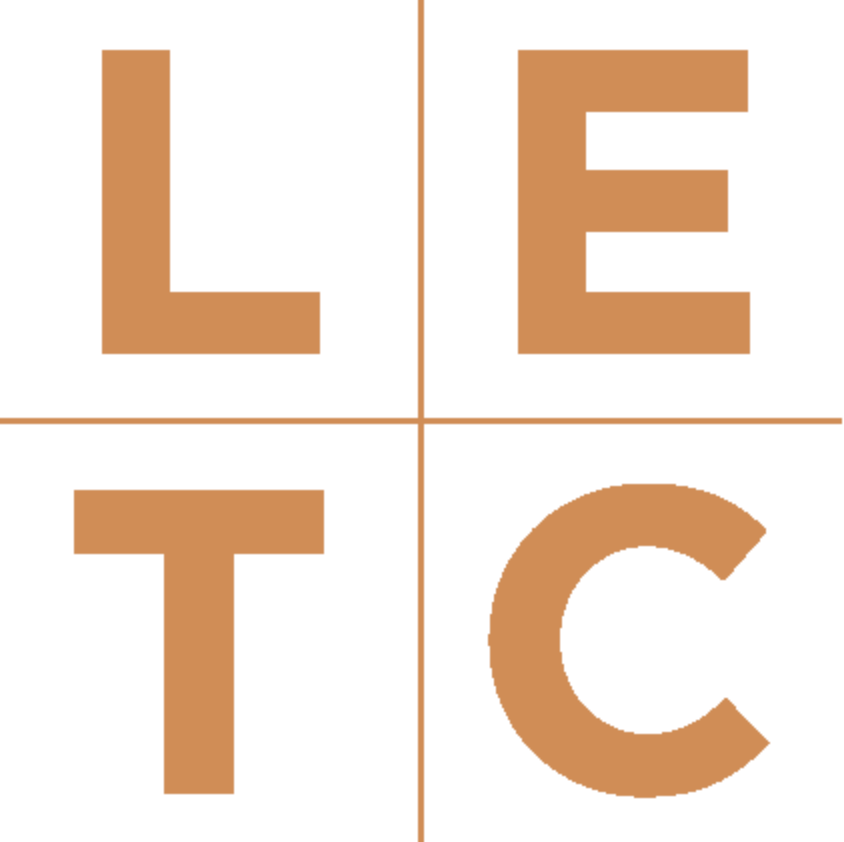
League Education & Treatment Center
JFTN Preschool
Our School Day
The Daily Schedule
Our classrooms' daily schedules help children feel secure and develop independence. We use visual schedules to help children understand what activities they can look forward to during the day.
Over the course of the school year, children come to appreciate the familiarity of a structured school day. After a few months, children are amazingly independent. They tell us what they are supposed to do next! Students learn many new things each day, and having a reliable schedule contributes to a stable learning environment.
A schedule for every classroom.
Each class has it's own picture schedule posted in a place where children can easily see it throughout the day. Visual cues and photos of staff help them understand what activities are coming up next.
A Day At JFTN
The schedule below is an example of a typical school day. We tailor activities to the needs and abilities of each child, so your child's school schedule may differ somewhat.
-
8:45am | Arrival
Most children ride the bus to school. We meet students outside school at the buses, which begin arriving at 8:30am. If your child has an Individualized Treatment Plan (IEP), their school day will begin at 8:45 and end at 2:15. Children in our daycare program may follow a more flexible schedule.
Our teachers and supervisors will help your child off the bus and bring them up to our 3rd floor classrooms. On the way, we encourage students to practice greeting each other. This is a time for children to practice social skills with school friends and teachers.
-
9:00am | Bathroom & Breakfast
Some children will begin their day in class, while others will get started with a therapy session. All children start their day with a bathroom break and breakfast. We serve a breakfast provided by the Department of Education, which is usually a bowl of cereal or a muffin and juice.
-
9:30am | Social Skills
Social Skills is an important part of our social-emotional curriculum. During Social Skills, children learn how to develop positive relationships with others. We help children identify emotions in themselves and others and develop coping skills.
-
10:00am | Circle Time
During Circle Time, children learn about days of the week, months of the year, weather, and more. This is a structured group activity that may include songs and books that teach basic academic concepts that relate to our current unit of study.
-
10:30am | Rooftop Playground
The playground is an important learning center for children. Teachers reinforce social skills, and children get the exercise they need to stay healthy and build physical strength.
-
11:00am | Music or Literacy
We have separate classrooms for both Literacy and Music, and students have Literacy and Music sessions two or three times each week. Literacy and Music provide a foundation for academic success. Our lessons expand children's language skills and encourage a love of reading and learning. Students learn through a wide range of technologies from books to Smartboards; computers to traditional instruments.
-
12:00pm | Play Time
Children learn through play. During Play Time, staff work with children to develop academic concepts, such as colors, numbers and letters. Children also work on following directions, cooperative play, symbolic play, and more during Play Time.
-
12:30pm | Movement or Art
During Movement, children build awareness of their bodies in space, learn physical boundaries, learn impulse control, develop gross motor skills, and more. In Art, children work together to share art materials and explore different materials to develop tolerance for tactile sensations.
-
1:00pm | Bathroom & Lunch
Lunch usually consists of a meat, vegetable, bread, milk, and fruit. During our lunch break, we encourage language and self-help skills. Children also develop feeding skills during breakfast and lunch.
-
1:30pm | Writing or Sensory
Writing activities may include tracing lines or shapes or writing beginning words. Writing is a chance for children to develop fine motor skills. Sensory activities include rice trays, sand tables and other tactile experiences. These activities encourage children to explore their environment with greater flexibility. They also develop children's tolerance for daily-living activities, such as brushing their teeth and bathing.
-
2:00pm | Goodbye Circle
Goodbye Circle is a ritual to end the day that reinforces elements of our social-emotional curriculum. We sing songs and practice saying goodbye to each other to encourage socialization skills and a sense of security among children.
-
2:15pm | Bathroom & Departure
At the end of the day children will visit the bathroom before walking with teachers to their buses. Along the way, we practice saying goodbye and socializing with others.


